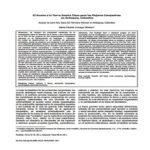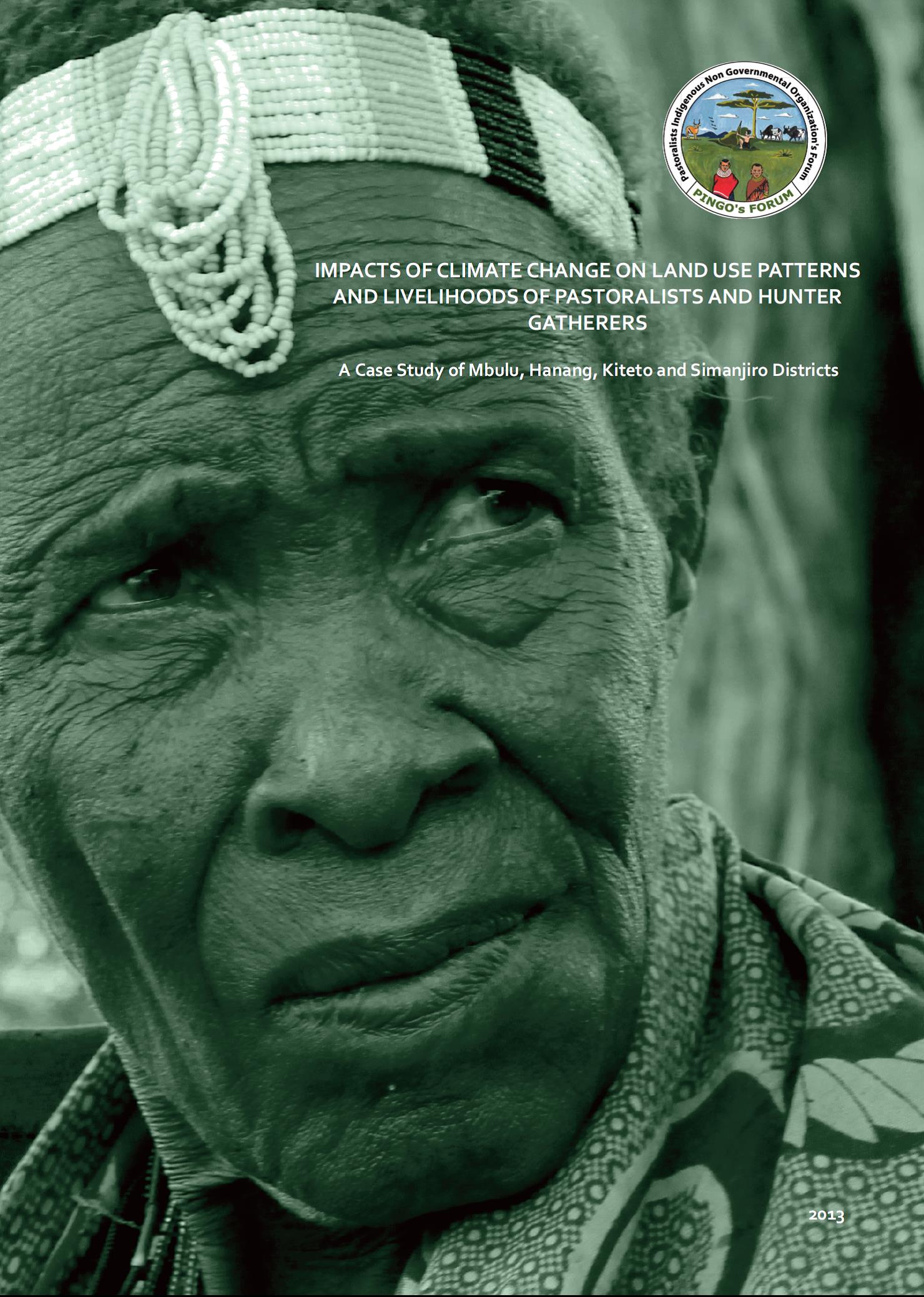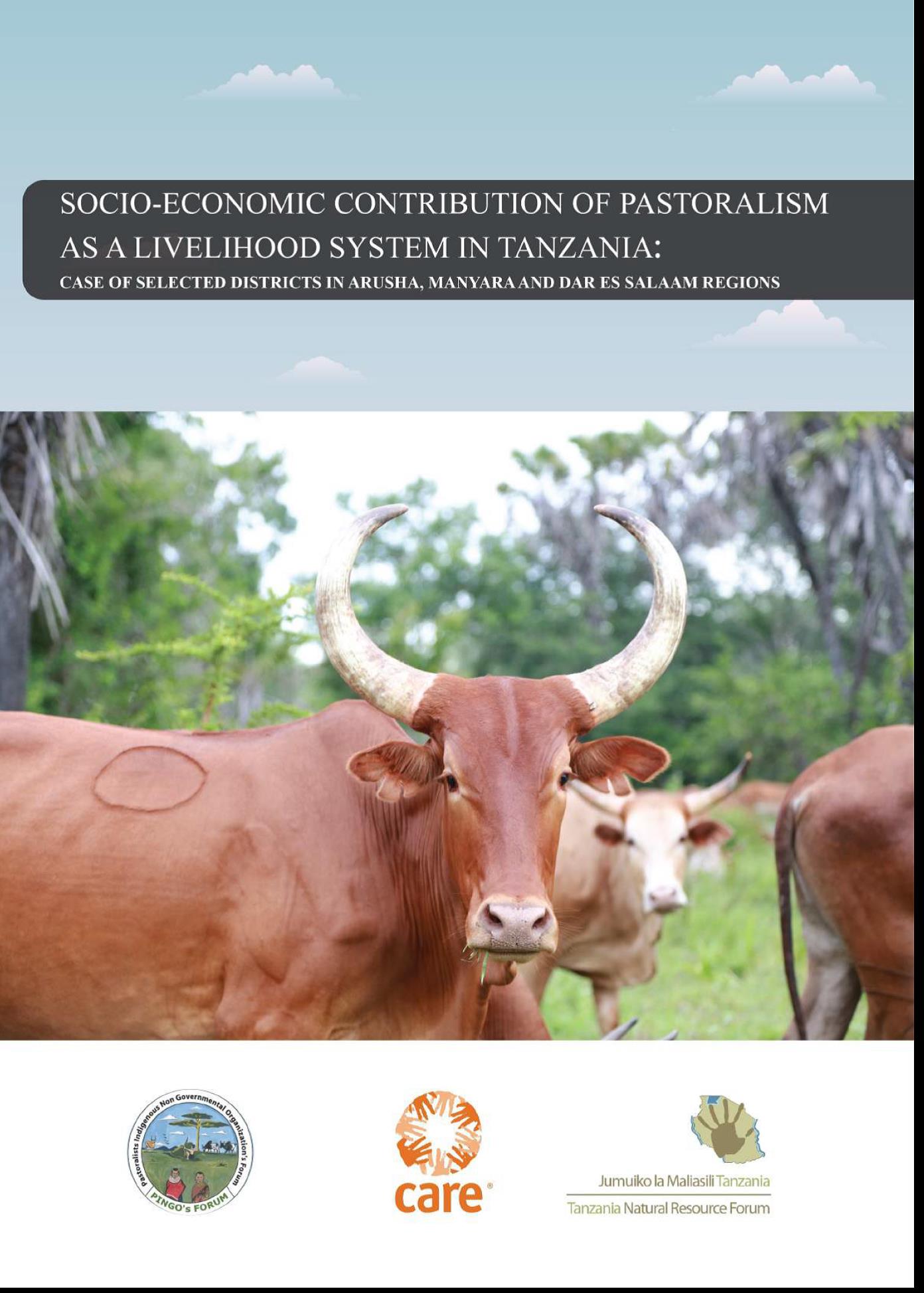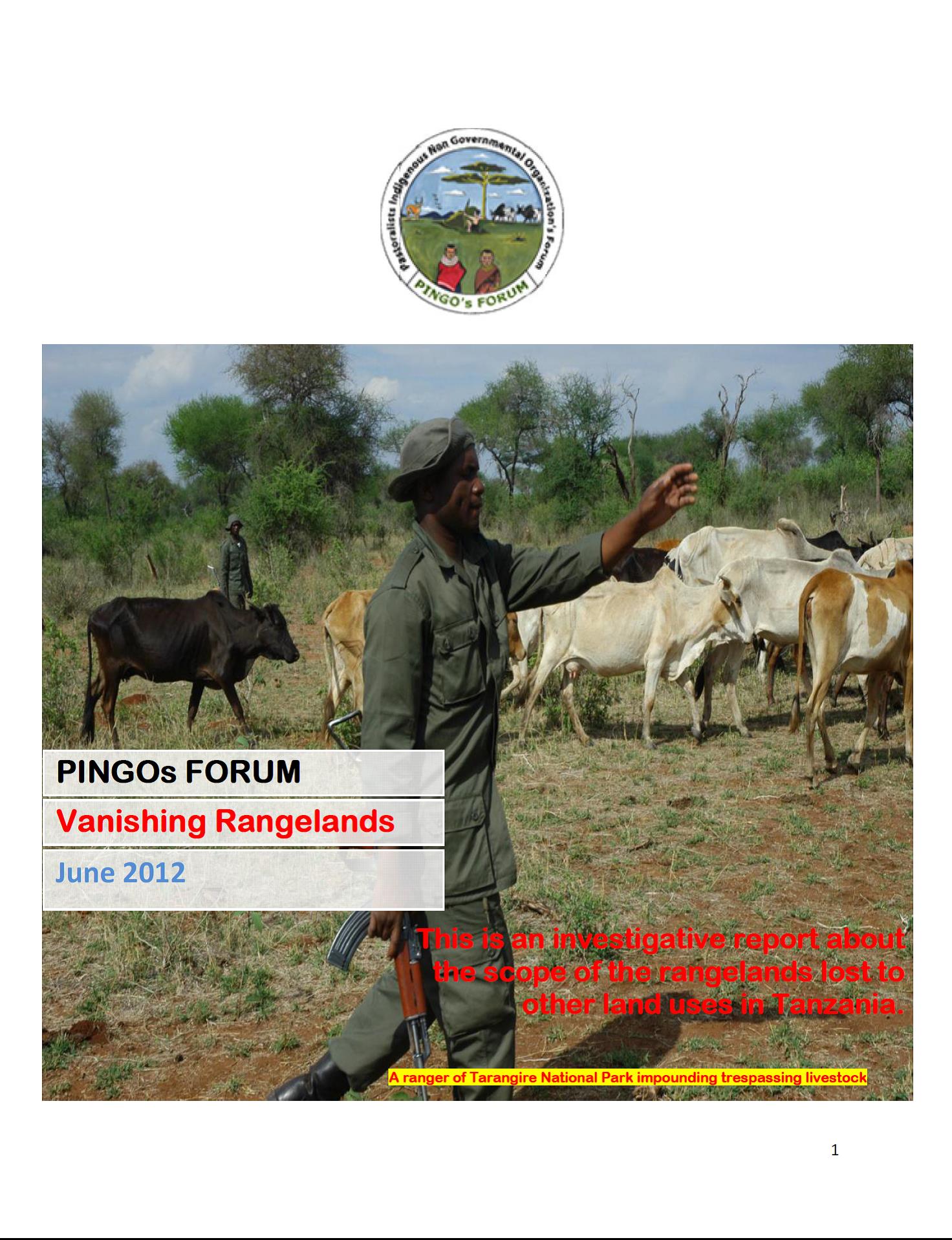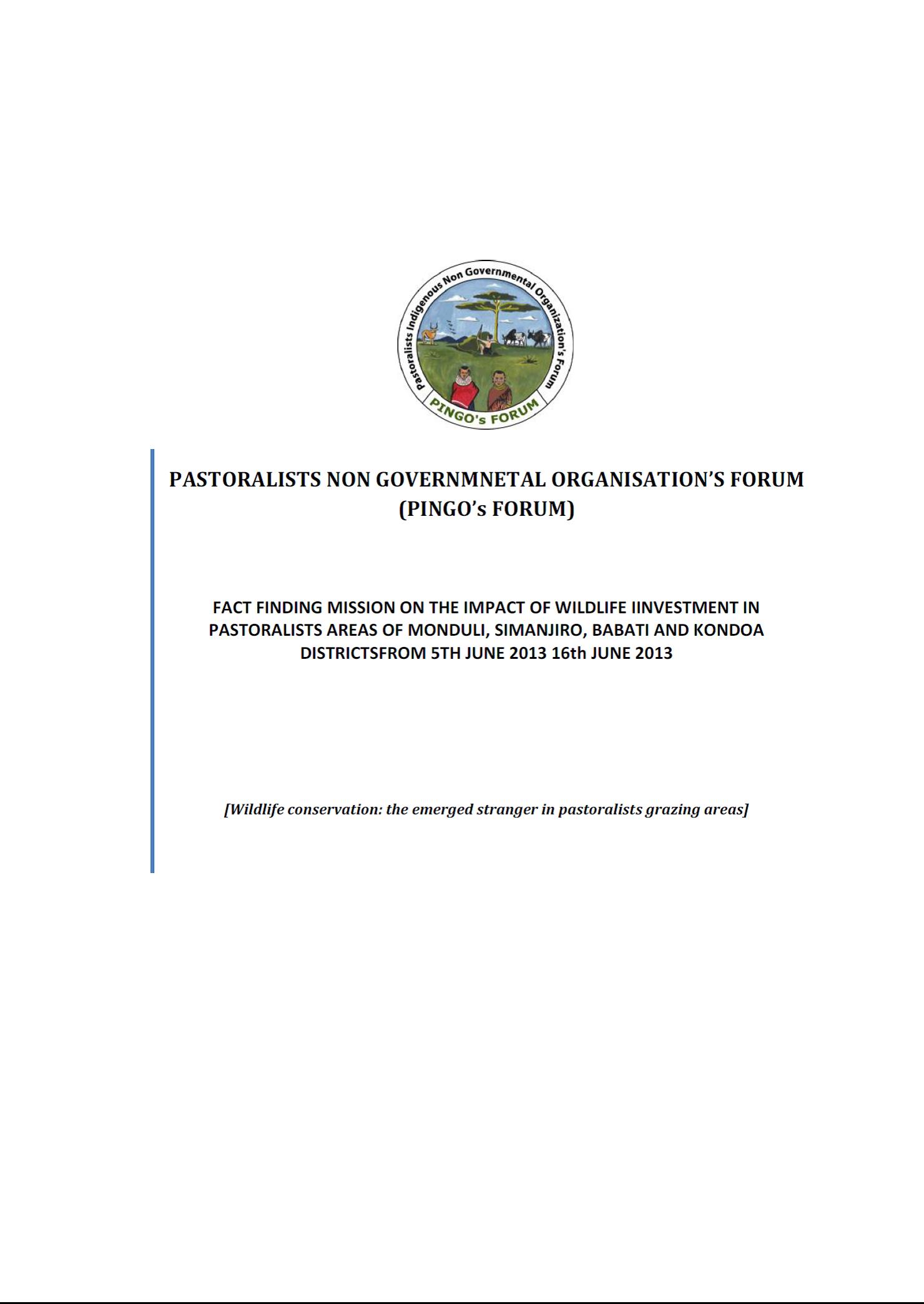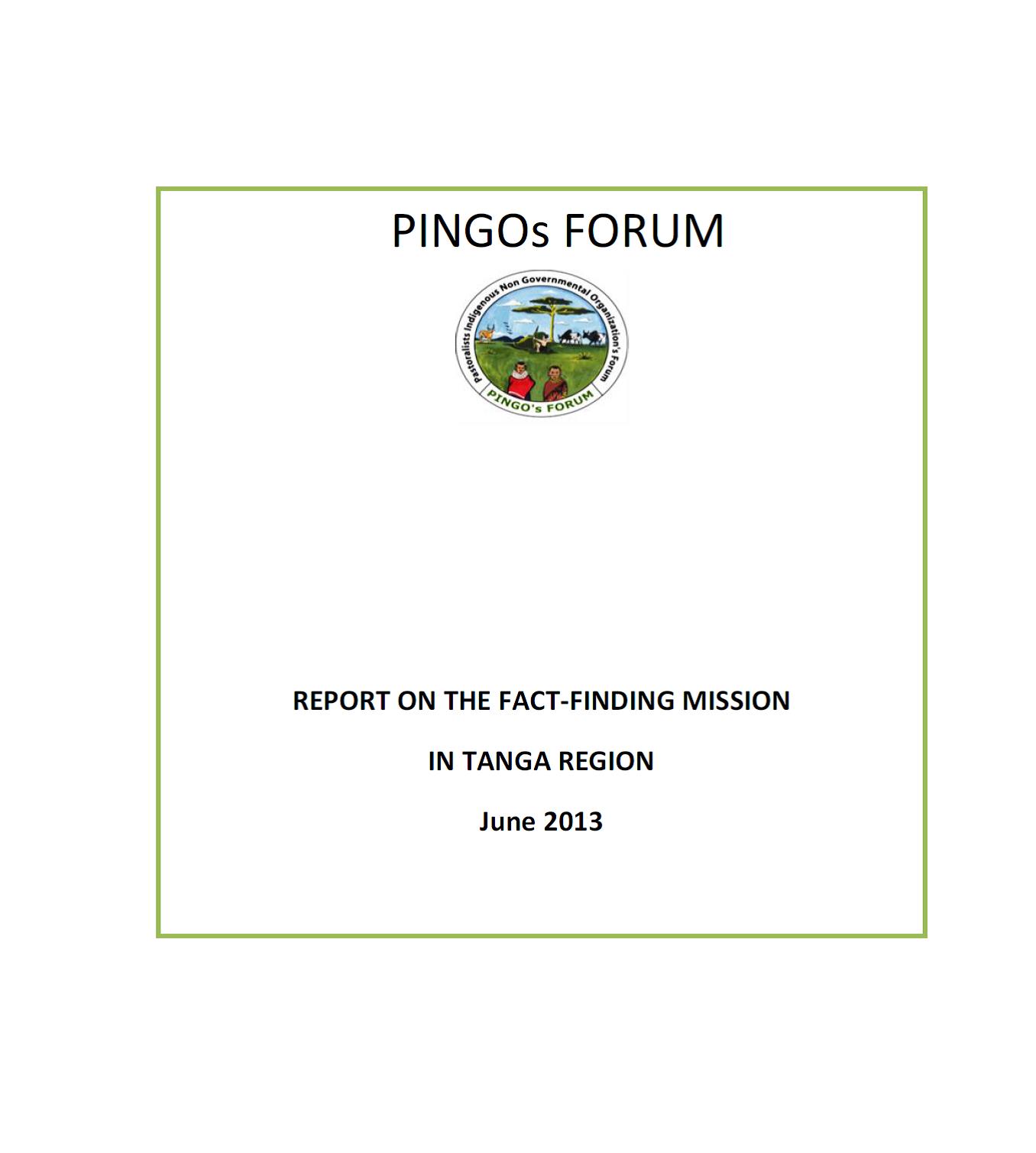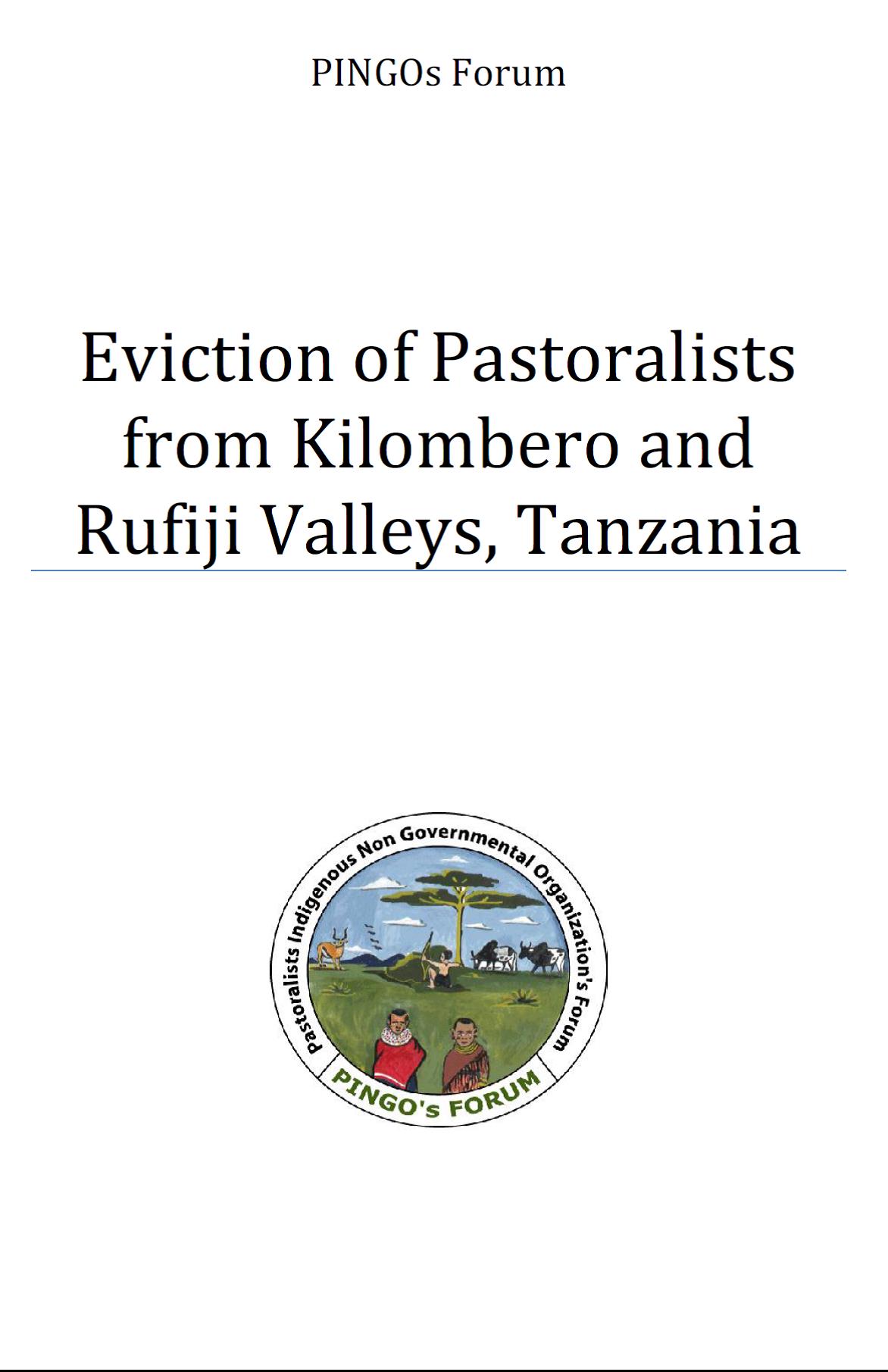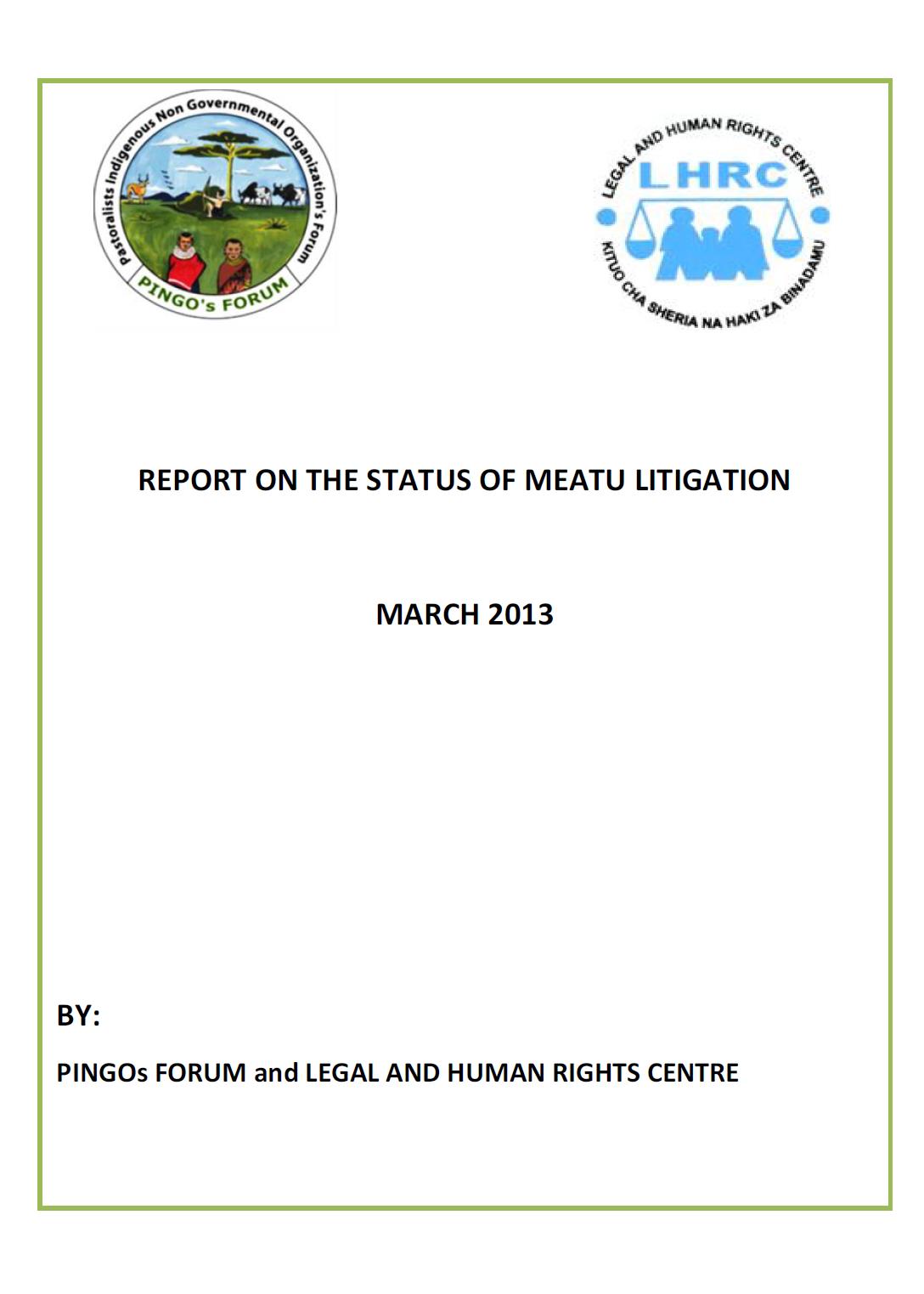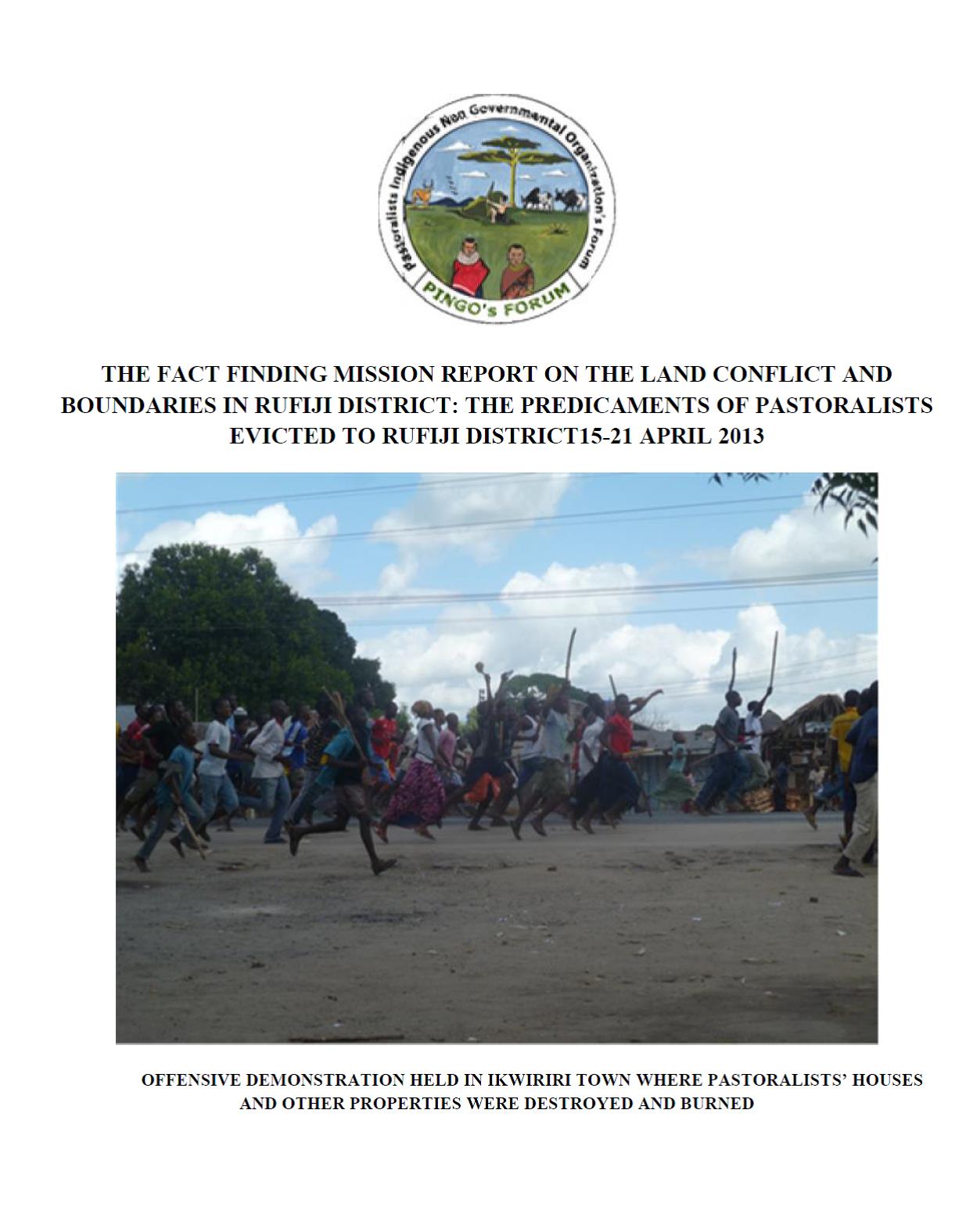El acceso a la tierra: asunto clave para las mujeres campesinas en Antioquia, Colombia
Se recogen los principales resultados de la investigación sobre la tenencia de la tierra y sus implicaciones en la vida de las mujeres de dos organizaciones campesinas ubicadas en el Departamento de Antioquia – Colombia, las cuales se desenvuelven en un contexto de agricultura campesina, donde se presenta una tendencia a la feminización de la pequeña agricultura, debido a que los hombres emigran a otras actividades económicas y/o se vinculan a grupos armados.

